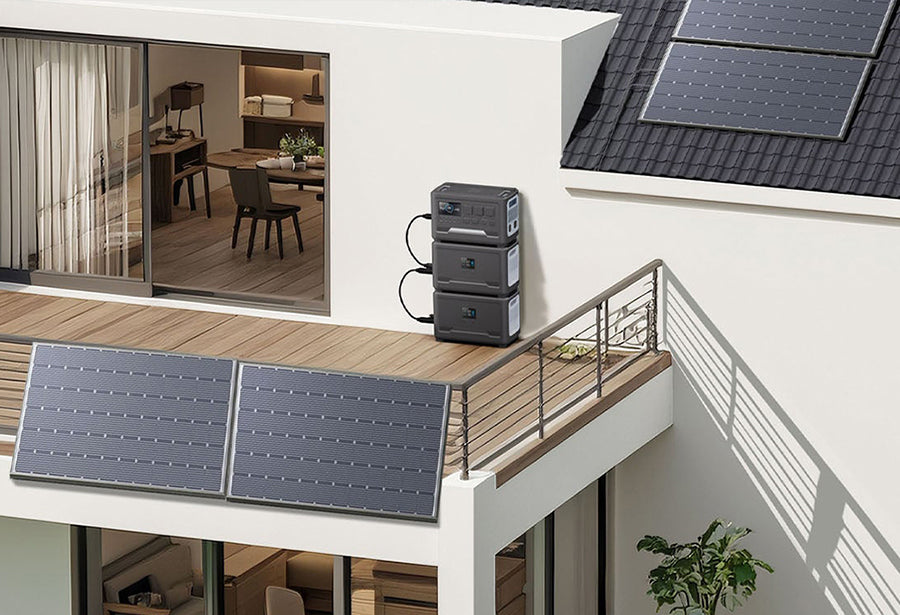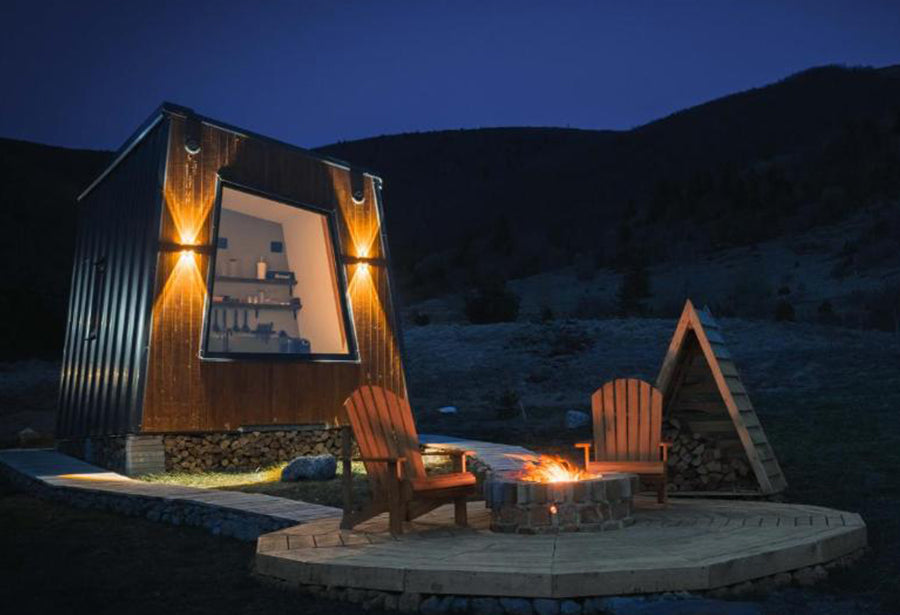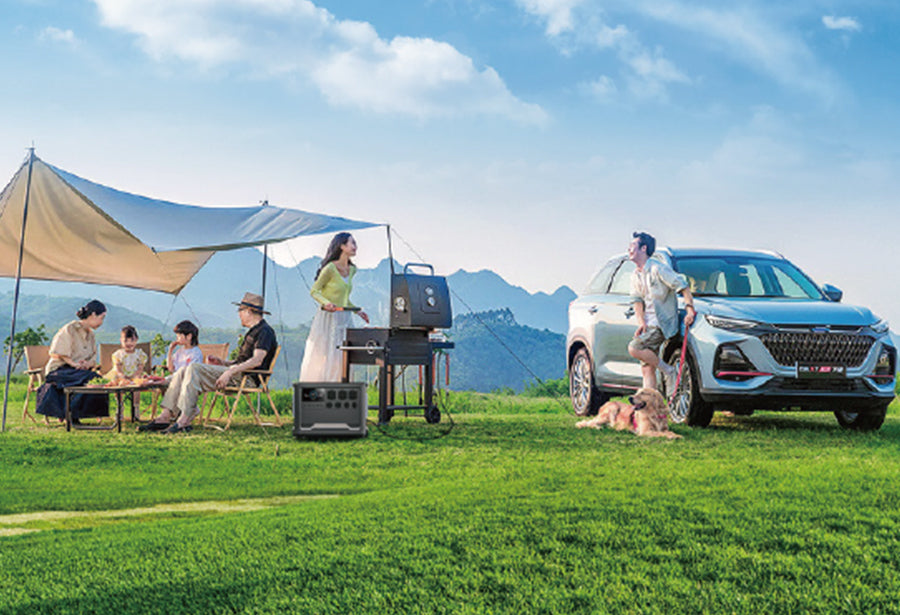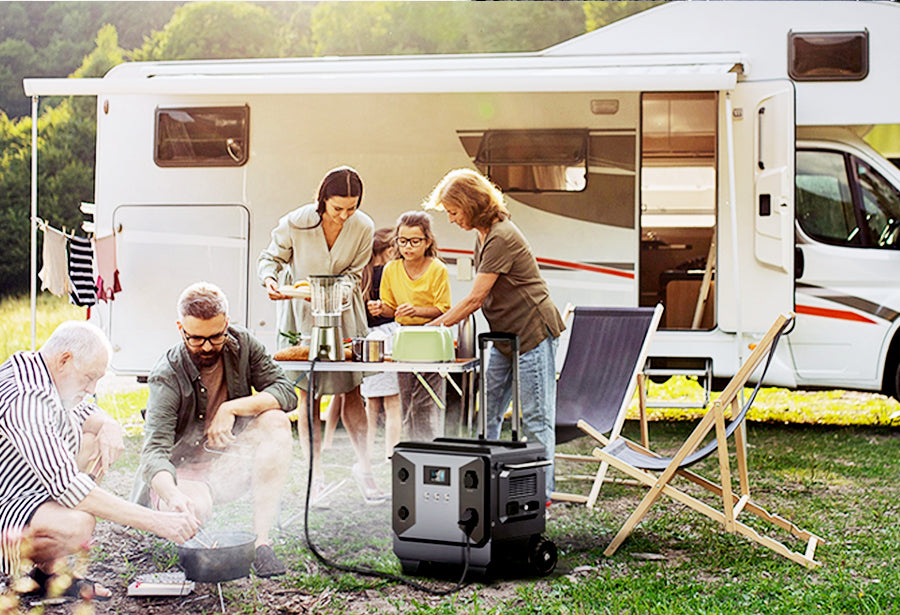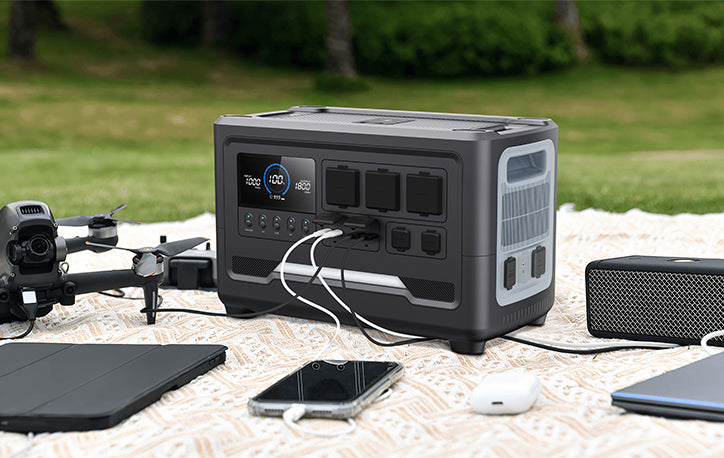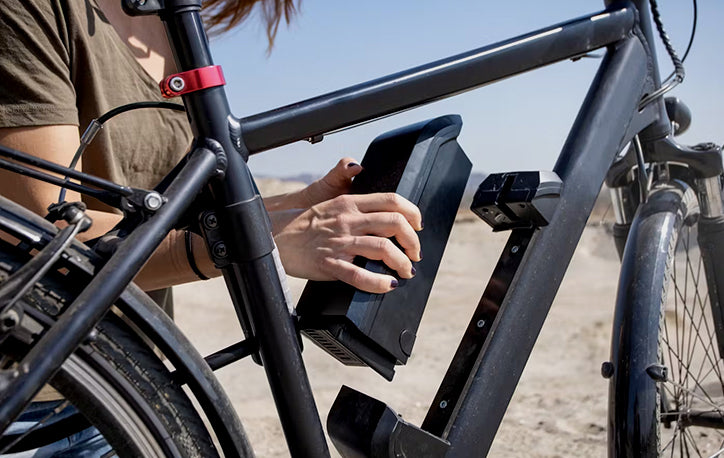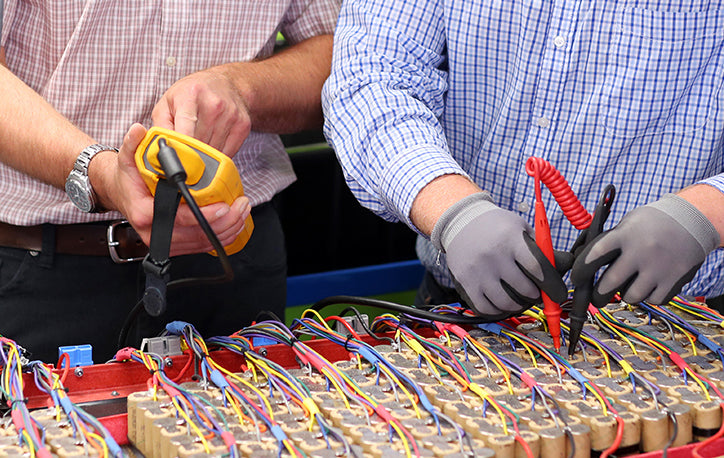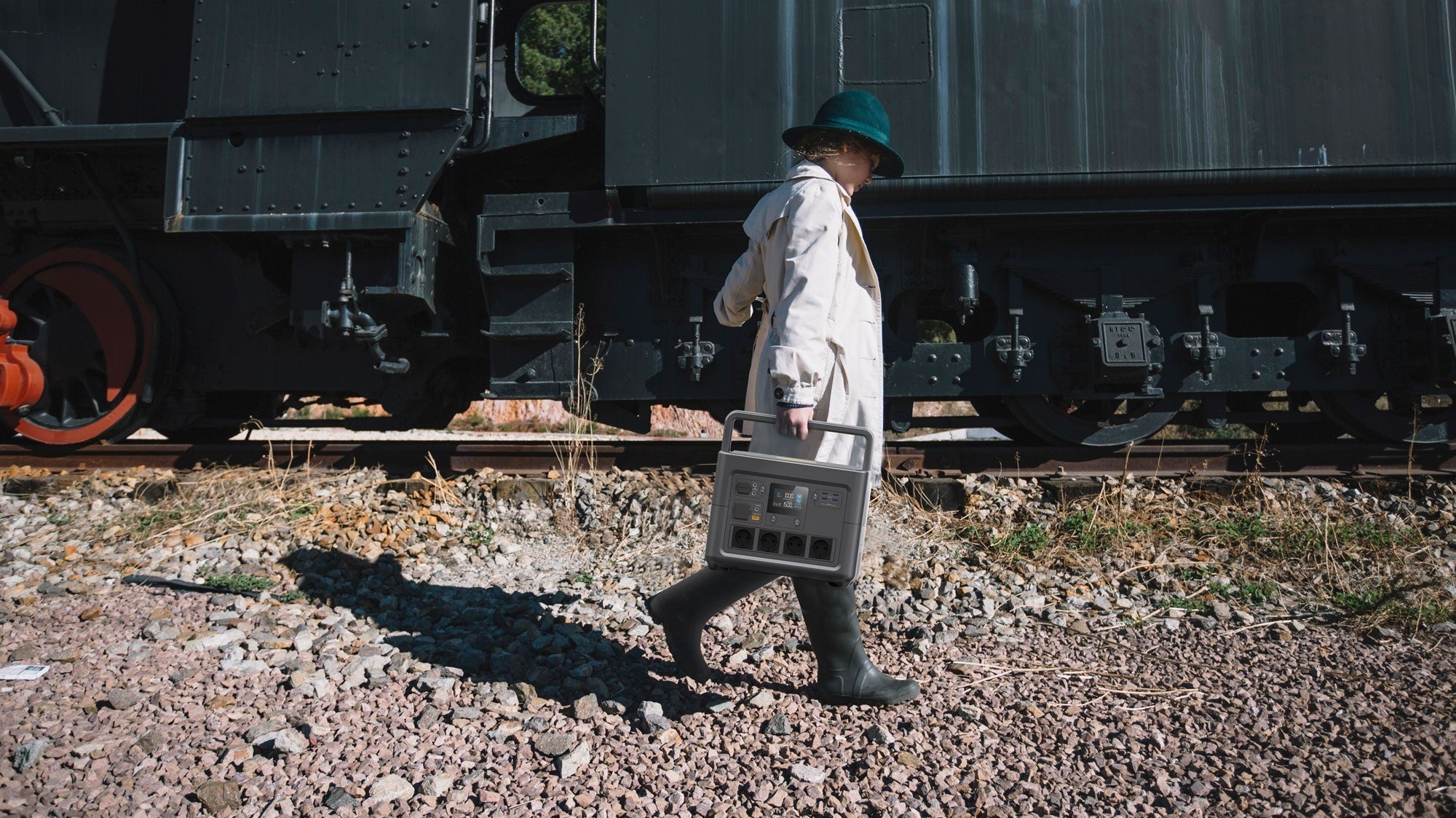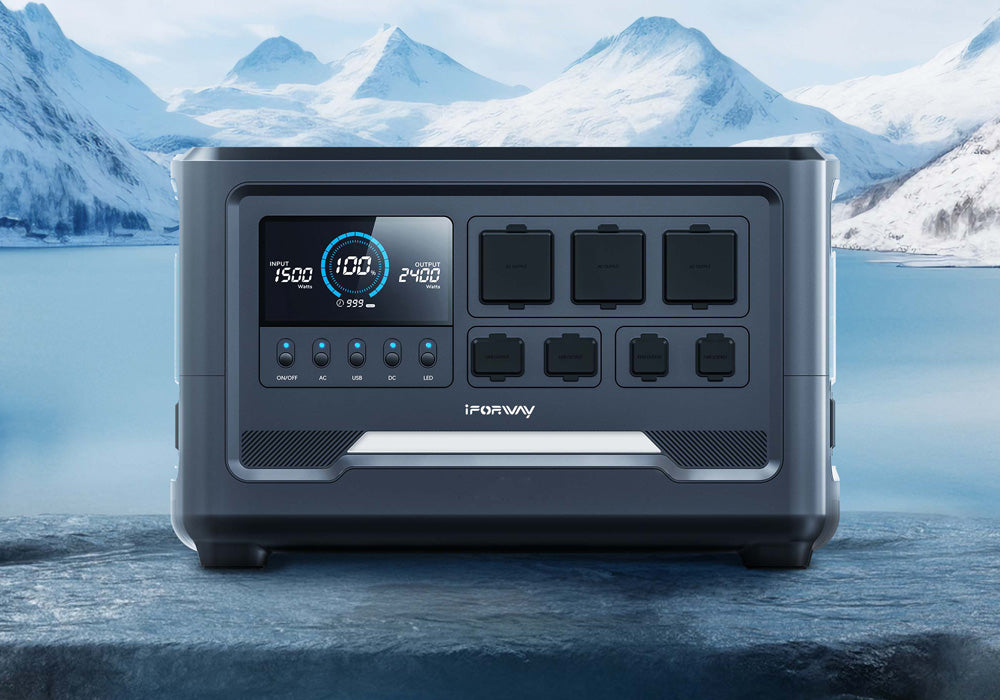Recent Posts
Blog Tags
How Competitive Electricity Markets Help Business Energy Buyers Optimize Costs and Efficiency
As the future of business energy procurement moves toward greater sustainability and efficiency, competitive electricity markets will play a vital role in shaping the energy solutions of tomorrow.
Global Portable Power Station Market Analysis: Growth Trends, Size Forecast
The portable power station market is experiencing rapid growth, driven by the demand for clean energy, the surge in outdoor activities, and increasing awareness of power security. In the future, portable power stations will evolve toward higher power, smart features, and multifunctionality, providing users around the world with more reliable energy solutions.
Weight Optimization in Portable Power Stations
Weight optimization is a crucial factor in the development of portable power stations. By leveraging lightweight materials and high-energy-density batteries, manufacturers are creating more efficient and user-friendly power solutions. As the market continues to evolve, we can expect even more advanced, lightweight options for outdoor and emergency use.

